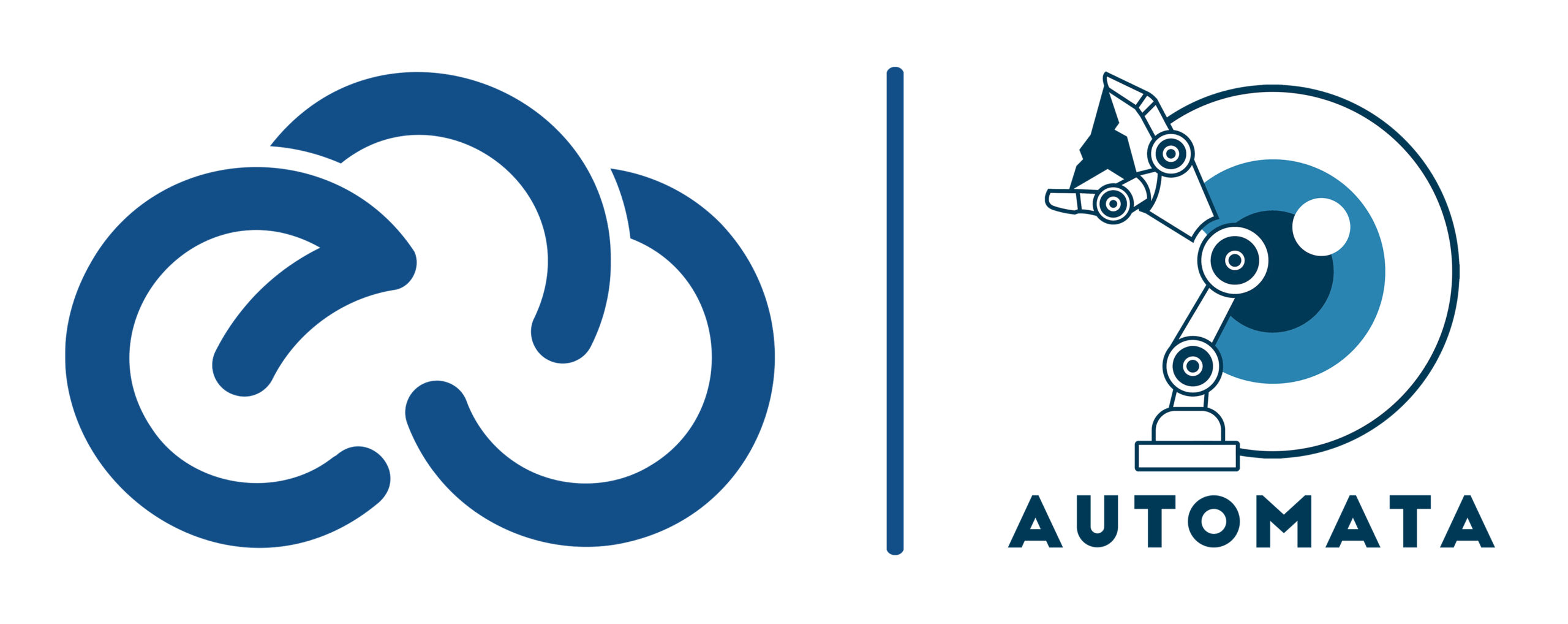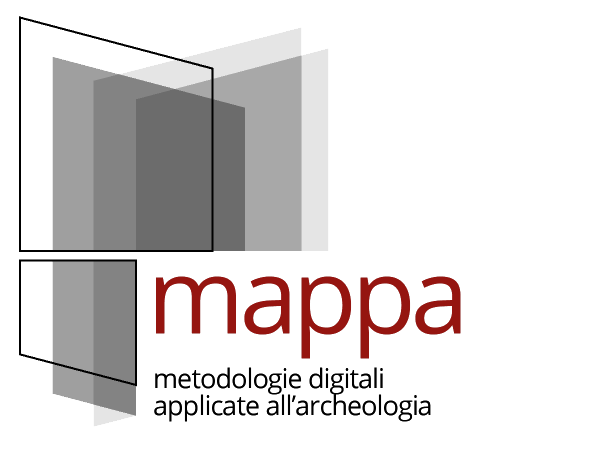AUTOMATA – AUTOMated enriched digitisation of Archaeological liThics and cerAmics
Objects connect us to memories and experiences. They possess biographies that reveal their human relationships. This is why archaeologists focus on material culture, gathering countless archaeological finds to preserve what we can learn and the stories they create for current and future generations. Archaeology unlocks these stories, enabling objects to speak about their origins, uses, and evolution. They offer insights into technology, daily life, relationships, the environment, and human history. Pottery and lithics are common forms of archaeological evidence, holding crucial information. However, documenting and classifying these finds is labour-intensive, it limits our understanding of these objects. While digitisation campaigns have been undertaken, they remain complex, time-consuming, and costly, leaving millions of artefacts inaccessible. AUTOMATA will transform this process by enabling low-cost and time-efficient digitisation. Using AI-augmented robotics and sensors, AUTOMATA will create 3D models enriched with archaeometric data, providing a practical and cost-effective solution for digitisation. Robotic tools with newly developed AI methodologies will improve the digitisation process of visible and non-visible properties of archaeological finds, enhance the robustness and efficiency of 3D digitisation, improve surface appearance acquisition, and integrate 2D representations. This approach streamlines data acquisition, aided by human-AI collaboration, and, in turn, the collection of big, well-identified data will empower the development of AI models. This cost-effective technology will democratise access to digitisation, benefiting museums and smaller institutions, aid preservation methods and restorers’ work, and foster inclusive knowledge-sharing via a dedicated crowdsourcing platform. Finally, the data collected by AUTOMATA will ensure seamless integration of data into the ECCCH Cloud (ECHOES project – https://www.echoes-eccch.eu/) and facilitate data sharing and innovative usage strategies by CCIs.
Funding
Duration
2024-29 (54 mesi)
Principal Investigator
Gabriele Gattiglia (University of Pisa)
University of Pisa Team
Francesca Anichini
Federico Cantini
Niccolò Mazzucco
Simonetta Mencelli
Claudia Sciuto
Nicola Trabucco
Consortium
Université Bordeaux Motaigne (France)
Università di Pisa
University of Barcelona
INRAP (France)
Archaeology Data Service – University of York (UK)
King’s College London (UK)
Culture Lab (Belgium)
Hebrew University of Jerusalem (Israel)
Archaeological Museum in Zagreb (Croatia)
Istitituto Italiano di Tecnologia (Italy)
QBrobotics (Italy)
Minigful srl (Italy)



